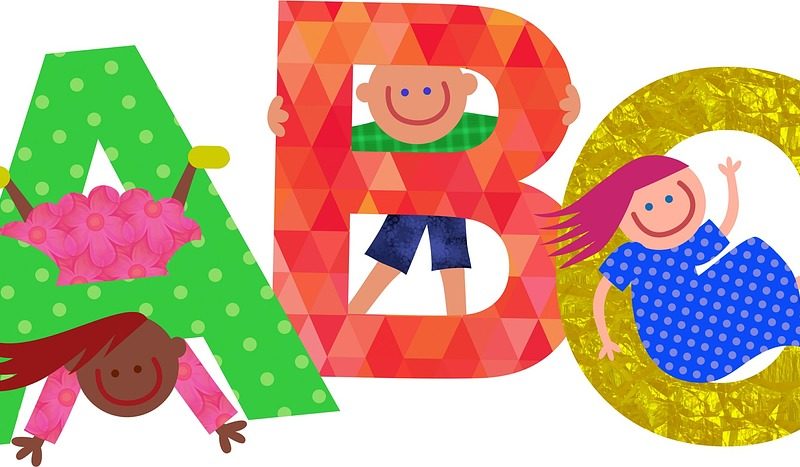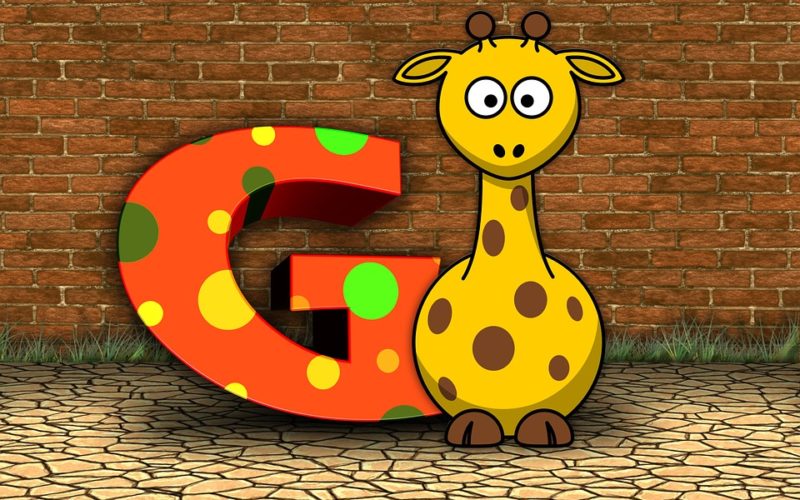Learning Techniques On How to Spell
Young children have a surprising ability to learn language through hearing, and they often manage to have a fairly large vocabulary before they ever enter formal schooling. When adults talk to them, they learn words that are directly related to them, but they also overhear those same adults talking about subjects far removed from their experience. Schooling is where they learn how words are put together, and they also learn how to properly spell them.
Teaching Basic Words
Educators are not always able to assume that each child knows a specific word, so they must teach them many different words in an attempt to help an entire class have a base for their English KS2 Powerpoints lessons. Once the children have learned the words, they must be taught how to put letters together so they can be recognized in written form. This is the basis of spelling lessons, and it begins with the knowledge of the alphabet and how each letter sounds. These are basic words that have no complicated rules, so students have an opportunity to get a firm grasp of the techniques of spelling before they are required to memorize longer or more difficult words.
From Alphabet to Words
There are many ways that written words differ from the way they sound, so it is important for teachers to choose words that will be easy to introduce in spelling lessons. At Primary Teaching Resources there are slide shows to help educators pass on the concept of spelling, and they can use them to reinforce lessons already taught. The youngest students will need many of the same lessons taught over and over again before they remember everything, so it is important to vary the way the information is delivered. Teaching them in various forms allows their brains to absorb the information, and they will eventually internalize the information for future use.
Passing the Test
Studying during and after school has long been a chore for students, but they must apply their knowledge so they can pass the required tests. Their ability to spell correctly will help them far into the future, so educators must assess their language skills on a regular basis. It might never be fun, but at least a passing grade will help the student feel they are progressing in their lessons. It is important to test students on a regular basis to understand how well they are absorbing information, and it provides educators with a way to grade their teaching methods. The best ones will help students learn the material well enough to retain the information they have been taught.
Teaching young children the basics of language is easy enough for parents and extended family, but learning how the language works well enough to use it properly takes a trained educator. Children have many different ways to gather information, so teachers have learned how to use different methods to help give them variety in the classroom. Studying is not easy for young children, but teaching them a good base of language knowledge is the best way to help them learn in the future.





